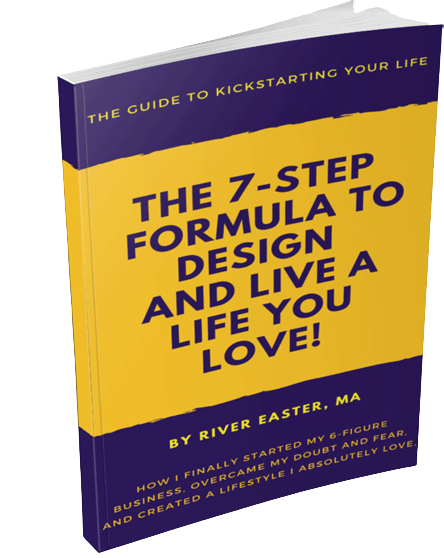Does your mind bombard you with “what if” scenarios?
Maybe you dread getting up in the morning to face the day?
Or perhaps you are stressed by the pressures of work, family, and bills and don’t feel you have enough time or the resources to make everyone happy.
Can you resonate with any of the above?
The world we live in puts a lot of stress on the nervous system. These pressures lead to burnout, depression, and health issues.
When the body’s stress response becomes activated, it produces hormones to help us fight or flee a threat. This can be a good thing since it helped us survive in the past. But in this day and age the body can be triggered by a perceived threat many times a day.
According to the Mayo Clinic, when a person feels under constant threat, it puts you at risk of many health issues, such as anxiety, depression, digestive problems, headaches, heart disease, sleep problems, weight gain, as well as memory and concentration impairment.
Yikes! What a list.
How can we reduce the negative health impacts of the stress response?
The good news is there are a number of hormones that actually make you feel good and reduce cortisol levels.
Even better news is there are activities that you can do to activate these hormones and begin to feel a sense of calm and well-being.
Here is a list of hormones and the activities you can do to produce more of them:
Endorphine
Referred to as the “running” hormone. The body releases this mood-boosting hormone with consistent exercise. It doesn’t matter if you walk, run, or ride a bike. Just moving your body consistently will increase your mood, reduce pain and depression, reduce stress, and improve your self-esteem.
Dopamine
This neurotransmitter is often referred to as the “pleasure” or “reward” hormone. Your body releases it when you feel pleasure or anticipate a reward. You can stimulate the release of dopamine by getting out in the sunshine, eating protein, getting 7-9 hours of sleep each night, or doing something pleasurable like listening to music you enjoy.
Serotonin
This hormone is key to feelings of well-being and happiness. Serotonin reduces depression and helps with anxiety. This hormone helps you feel more focused and calm. The body releases serotonin when you exercise.
Oxytocin
This wonderful hormone is called the “love” or “sex” hormone. When you hug, or get or give an affection touch or have feelings of affection for another, the body releases this hormone. New parents have an increase in this hormone when they have a baby. This hormone is also present when trust is present in relationships. Have fun with this one (wink, wink).
Practice
Pick an exercise that you enjoy doing and schedule the times you are going to do it on the calendar. Start small. If you don’t exercise at all now, begin by walking for 10 minutes.
Give yourself an extra boost of happiness by exercising with a friend. Social connection not only supports you in feeling happier but also helps you stay motivated and accountable to exercise.



